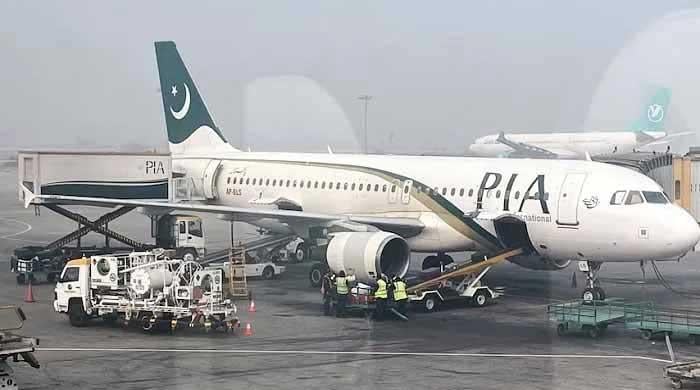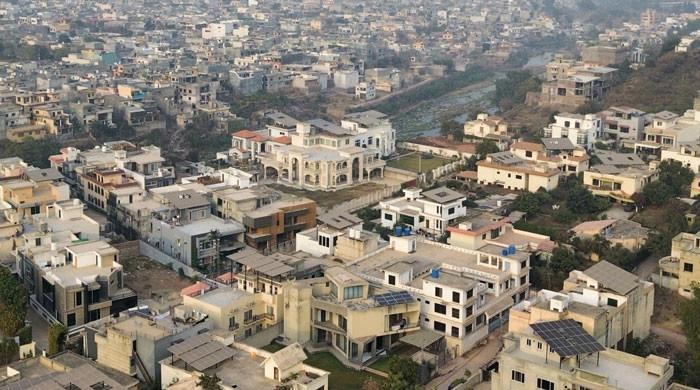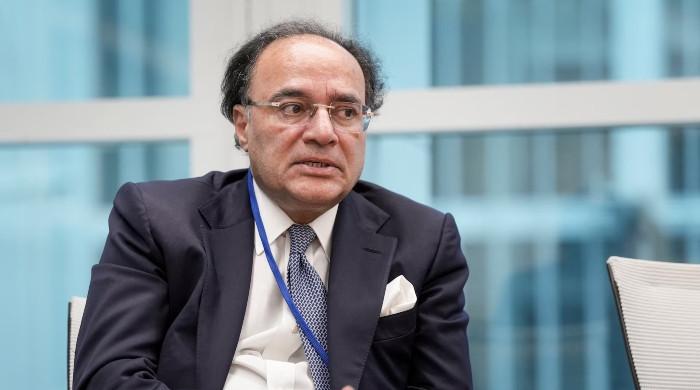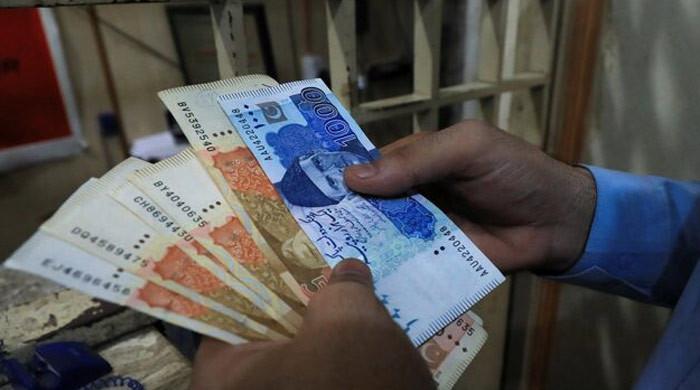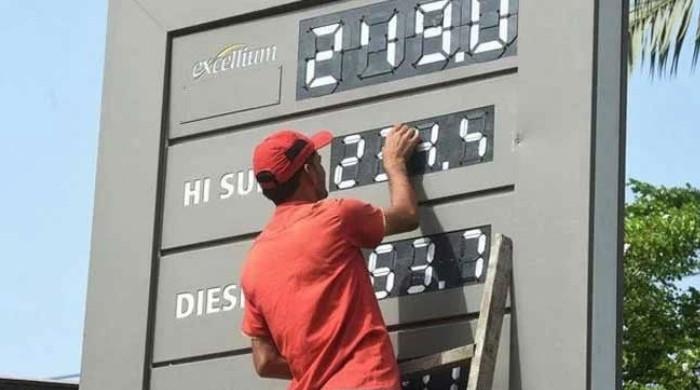Federal government to face challenges funding daily expenditures as revenue shortfall bites
Debt servicing, defence budgets to leave Centre in precarious financial position amid virus pandemic
May 09, 2020

ISLAMABAD: The federal government will have to face serious challenges to support day to day expenditures after paying defence and debt servicing bills from available resources, as the fiscal budget 2020-21 is being prepared on the basis of the existing National Finance Commission (NFC) Award.
However, the government has decided to focus mainly on ‘facilitation’ in the upcoming budget so that the economic activities can be kick-started instead of taking any coercive action, according to a report published in The News on Saturday.
The revenues could be mobilised through rationalisation of taxes, effective enforcement and administrative measures, but it was decided to explore options to burden the rich, as there was no other option left for meeting revenue targets.
Also read: Fiscal woes of federal government multiply on the back of inability to generate revenue
Government advised to avoid new taxation
Meanwhile, the tax authorities are suggesting the government avoid new taxation measures, but the final decision to this effect will be taken by the incumbent regime, keeping in view the political cost attached to any action for mobilising more revenue collection efforts.
The number crunching through ongoing budget preparation for the next fiscal year will set the stage for resumption of stalled US$6 billion extended fund facility (EFF) programme of IMF.
Pakistan looked very appreciative to the IMF as it came forward to providing US$1.4 billion under the Rapid Finance Instrument (RFI). The Ministry of Finance earlier this week informed PM Imran Khan about preparation of upcoming budget.
Also read: Google parent company Alphabet sees growth despite pandemic hit
'Impossible to create fiscal cushion for development'
It argued that without rationalisation of expenditures in targeted subsidies, especially for power sector and curtailing losses of public sector enterprises (PSEs), it would become impossible to create a fiscal cushion for development.
Under the existing NFC arrangements, the Federal Divisible Pool (FDP) is distributed with ratio of 57.5% and 42.5% among the provinces and the federal government. If Centre collects Rs100 per year, up to Rs60 to 62 go to the provinces, while remaining goes to the Centre.
One top official of the finance division confided to The News on Friday evening that the ministry briefed the PM that the economy was performing well during the pre-COVID-19 scenario as the budget deficit and current account deficit were under control.
Also read: CPEC projects may face delay, disruption as virus crisis worsens
Lenders happy with Pakistan on economic front
It was argued that the IMF/World Bank as well as ADB came forward to rescue Islamabad because the multilateral lenders were happy with the performance on the economic front in first nine months.
“The post COVID-19 situation poses serious challenges for the economy as the country is under the IMF program and the government will have to come up with budgetary numbers to give direction to the economy,” said one of the top officials of the finance ministry.
The government has agreed with the IMF for envisaging FBR’s collection target at Rs5,101 billion for next budget against revised target of Rs3,908 billion for the outgoing fiscal year ending on June 30, 2020. The FBR requires 31% growth for achieving the desired target of next fiscal year.
Originally published in The News





